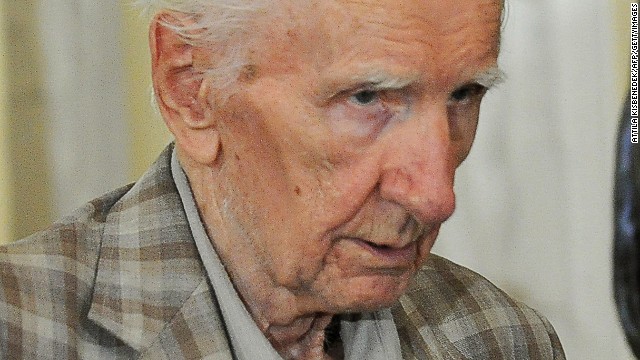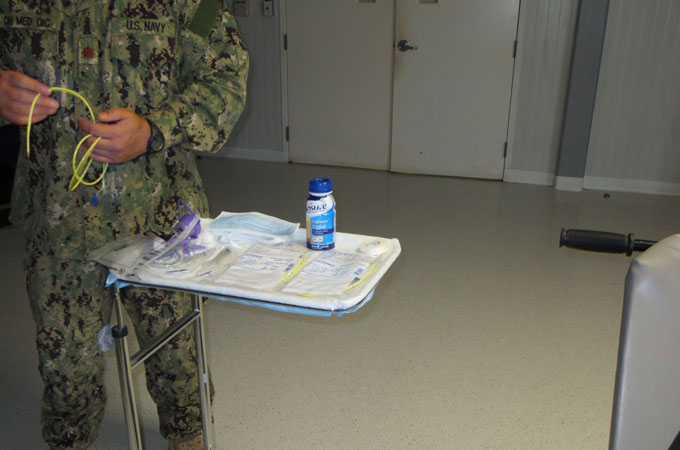By Kathryn Maureen Ryan
Impunity Watch, Middle East
A report assembled by the United Nations Committee in the Rights of the Child accused Israeli military forces of abuses against Palestinian children that include torture, sexual assault, threats of death and solitary confinement in Israeli persons. In the report the committee voiced its “deepest concern about the reported practice of torture and ill-treatment of Palestinian children arrested, prosecuted and detained by the military and the police.”

The Committee’s report claims that Israeli soldiers have “used Palestinian children to enter potentially dangerous buildings ahead of them and to stand in front of military vehicles in order to stop the throwing of stones against those vehicles.” The report cited evidence offered by the United Nations’ Special Rapporteur on the Promotion and Protection of Human Rights and Fundamental Freedoms while Countering Terrorism to back its claim.
According to the report Palestinian youth are arrested regularly during night raids with the children often having their hands tied behind their backs before being transferred to detention centers without their parents being informed of their arrest.
The report goes on to say that an estimated 7,000 children aged from 12 to 17 years and even as young as 9 years old, have been arrested, interrogated and detained in Israeli prisons since 2002. Most of the arrested children were arrested after being accused of throwing stones at Israeli forces or settlers, an offense which can carry a 20-year penalty.
The Israeli government has denied the allegations made by the UN Committee in its report. Aaron Sagui the spokesman for the Israeli Embassy in Washington DC claimed that the report “is based on the recycling of old accusations, based on political biases – and not based on direct investigation on the ground – with the intention of bashing Israel.” Sagui went on to claim that the goal of the report was not to address legitimate concerns faced by Palestinian children but only to make headlines.
The Committee on the rights of the child expressed its “deepest concern that children on both sides of the conflict continue to be killed and injured,” and acknowledges the severity of Israel’s national security challenges, however it contends that Palestinians suffer a disproportionate amount of victimization as the result of what it calls Israel’s “illegal long-lasting occupation of Palestinian territory.” The committee believes that the plight of children on both sides of the conflict must be addressed for true peace to develop between Israel and Palestine.
For further information, please see:
CBS News – UN Report Accuses Israeli Forces of Using Palestinian Children as Human shields, Abusing Children in Custody – 21 June 2013
The Telegraph – Israel Furious at UN Report Detailing Torture of Palestinian Children – 21 June 2013
Aljazeera – Palestinian Authority PM Offers Resignation – 20 June 2013
Aljazeera – UN: Israeli Forces Abuse Palestinian Children – 20 June 2013
United Nations Office at Geneva (UNOG) Committee on the Rights of the Child – Committee on the Rights of the Child Issues Concluding Observations – 20 June 2013


